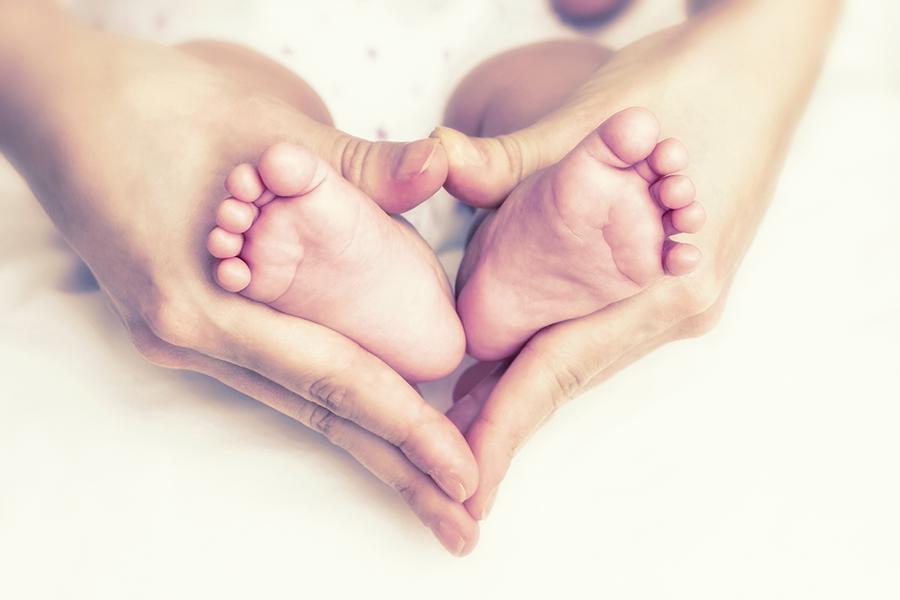Written by Mr Ellis Downes consultant Obstetrician and Gynaecologist
View official Royal College of Obstetricians and Gynaecology updates for COVID-19
We are living in challenging times. We are dealing with a new virus – COVID19 – which has potentially major implications on our health and social functioning. This is not a time for panic, but following basic hygiene rules and minimising social contact will significantly reduce the chances of developing coronavirus infection.
The Government has identified that pregnant women are in a “high risk” category. Because there is little evidence of the effect of coronavirus in pregnancy and due to sensible over-caution it is better to assume pregnant women are at a higher risk than they may be. If a pregnant woman does develop coronavirus in pregnancy, for the vast majority of them this will amount to no more than an unpleasant attack of flu-like symptoms for a few days, they, and their babies are unlikely to have any long-lasting effects.
Giving birth during the Coronavirus outbreak?
The actual birthing process is identical whether you have or don’t have coronavirus. The midwives and doctors will wear protective equipment to minimize the risk of infection but no specific complications of pregnancy are anticipated. Generally, it is recommended to monitor the baby’s heart rate continually during active labour.
What about going to the hospital or clinics for check-ups?
It’s really important if pregnant women are feeling well for them to have normal antenatal check-ups as usual. If a woman feels unwell she should not go to the antenatal clinic because of the risk of infecting others. If you have any doubt ring the antenatal clinic for advice.
Can Coronavirus be passed to my baby while pregnant?
In one word, no. There is only one case in the medical journals of a very rare case where a baby was found to have the virus. Strong medical expert opinion is that the virus does not pass from an infected woman to her baby. Doctors have checked the amniotic fluid in research studies of women who had coronavirus and found no evidence of it. Pregnant women should be strongly reassured that even if they are unlucky enough to develop coronavirus, their babies will not.

What effect will Coronavirus have on my baby if I am diagnosed with the virus?
None. Numerous research studies have shown that if a woman is infected with coronavirus this will not increase the risk of the baby developing congenital abnormalities or affecting its growth inside the womb. Coronavirus has not been shown to increase the risk of miscarriage.
What happens if I go into labour during self-isolation due to suspected Coronavirus?
If you go into labour during self-isolation, call your maternity unit, and inform them, especially if you show symptoms of coronavirus. They will provide advice.
If you have mild symptoms, you will be encouraged to remain at home in early labour, as with standard procedure.
Your maternity team will have been advised on ways to ensure you and your baby receive safe, quality care, keeping to your birth plan as closely as possible.
When you and your maternity team decide you need to attend the maternity unit, these recommendations will occur:
It is recommended to get to your hospital via private transport where possible, or call 111/999 for advice if this is not possible.
You will be seen at the maternity unit entrance and provided with a face mask, which will need to stay on until you are isolated in a suitable room
Testing for Coronavirus will be arranged
Your birth partner(s) will be able to stay with you throughout. Visitors to the hospital should be kept to a bare minimum.
Is it safe to breastfeed afterwards?
There is no evidence that the coronavirus is spread in breast milk. There is however a risk that if a new mum with coronavirus breastfeeds her baby, due to the close physical contact the baby may be at increased risk of becoming infected. Generally speaking, the benefits of breastfeeding outweigh the risk of infection and every case should be individually assessed.
Pregnant Women & Coronavirus Key Points:
Avoid contact with anyone displaying possible symptoms of coronavirus.
Try to avoid rush hour travel on public transport, can you work from home?
Avoid large gatherings to reduce the risk of infection
Avoid gatherings with friends and family “as much as you can”
Attend antenatal clinic appointments if feeling well, or via video-consultation
Contact your obstetrician or midwife with any concerns.
View official Royal College of Obstetricians and Gynaecology updates for COVID-19
You can find Ellis Downes FRCOG Consultant Obstetrician & Gynaecologist, with video-consulting booking on Doctify or on his website




